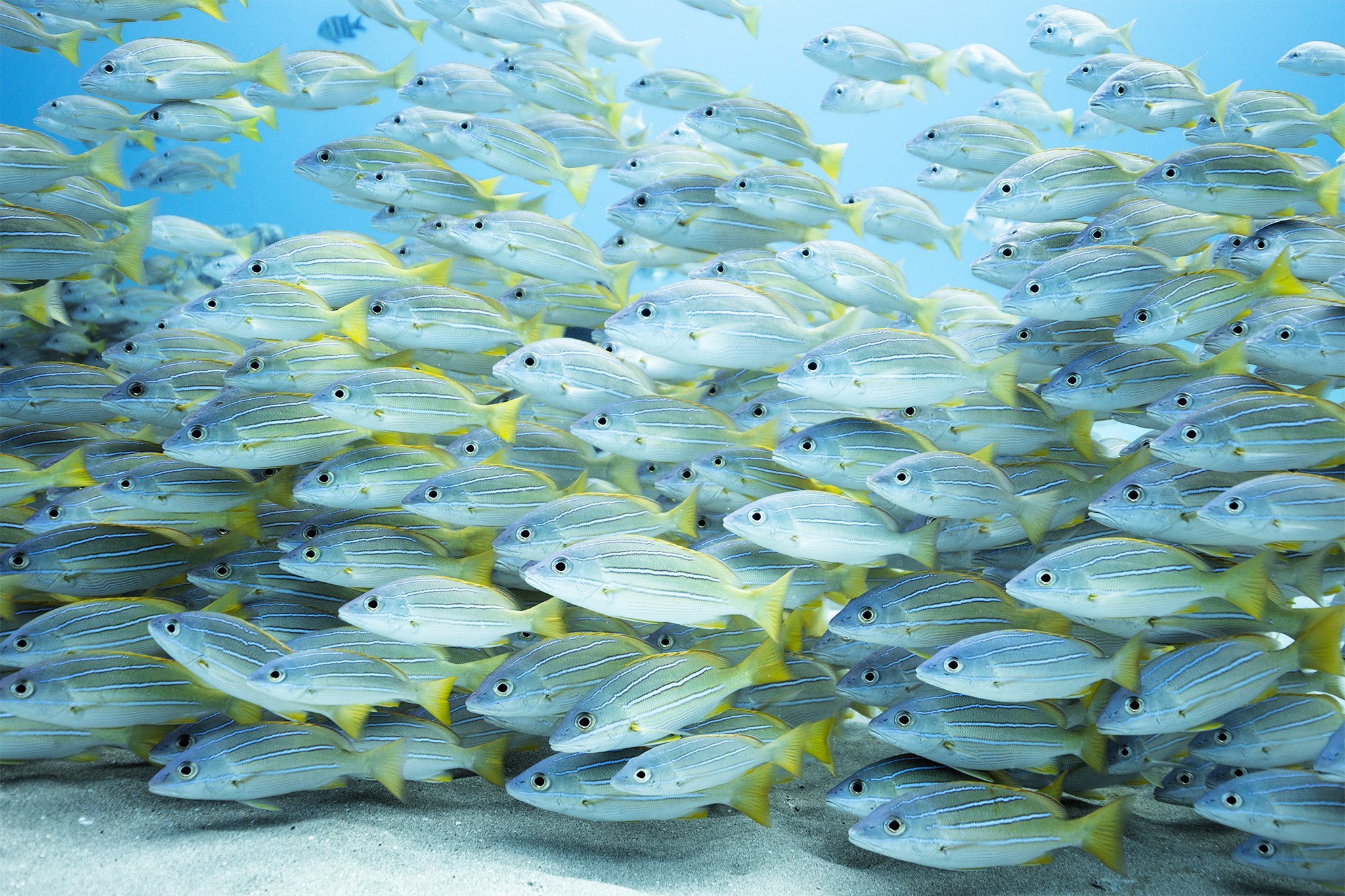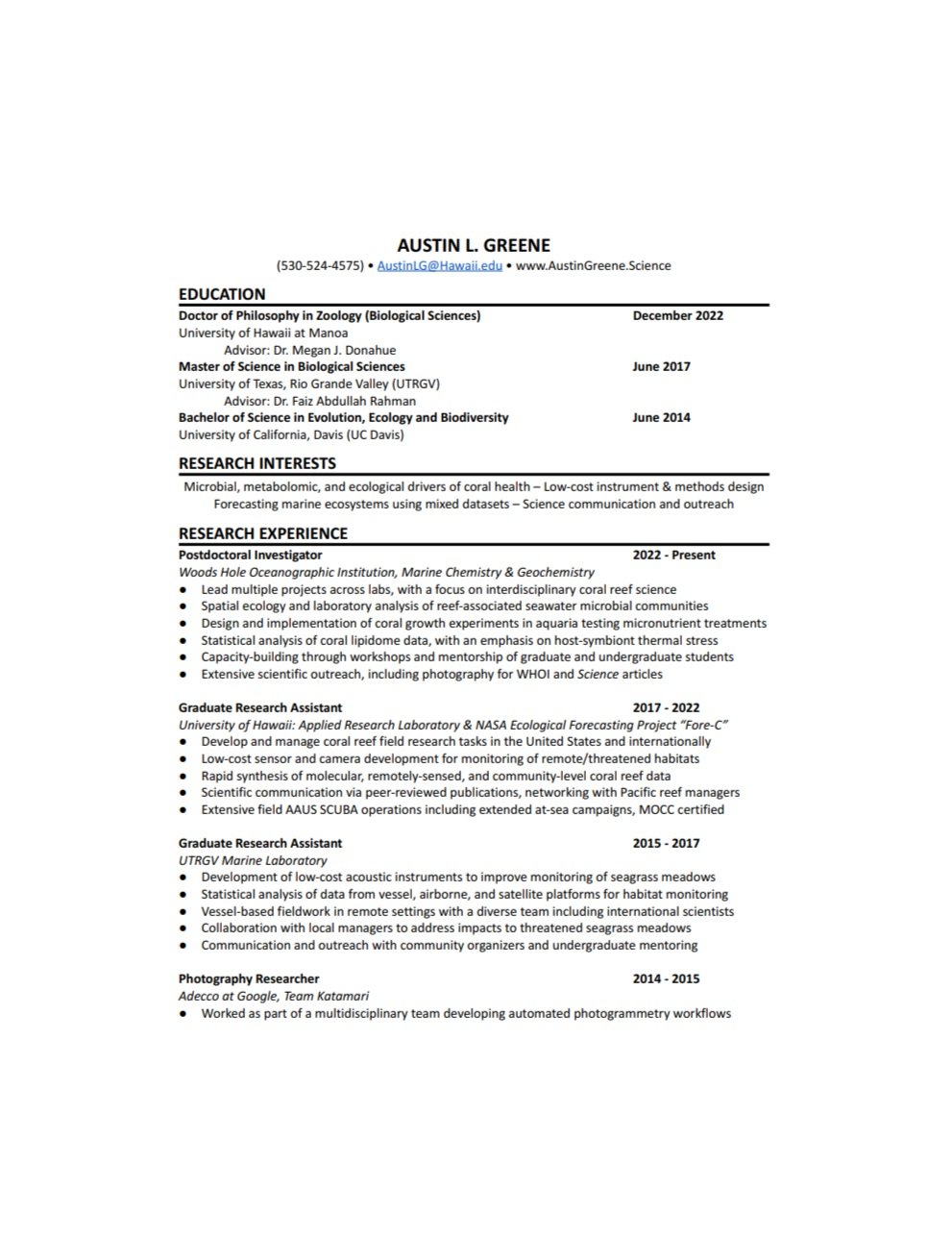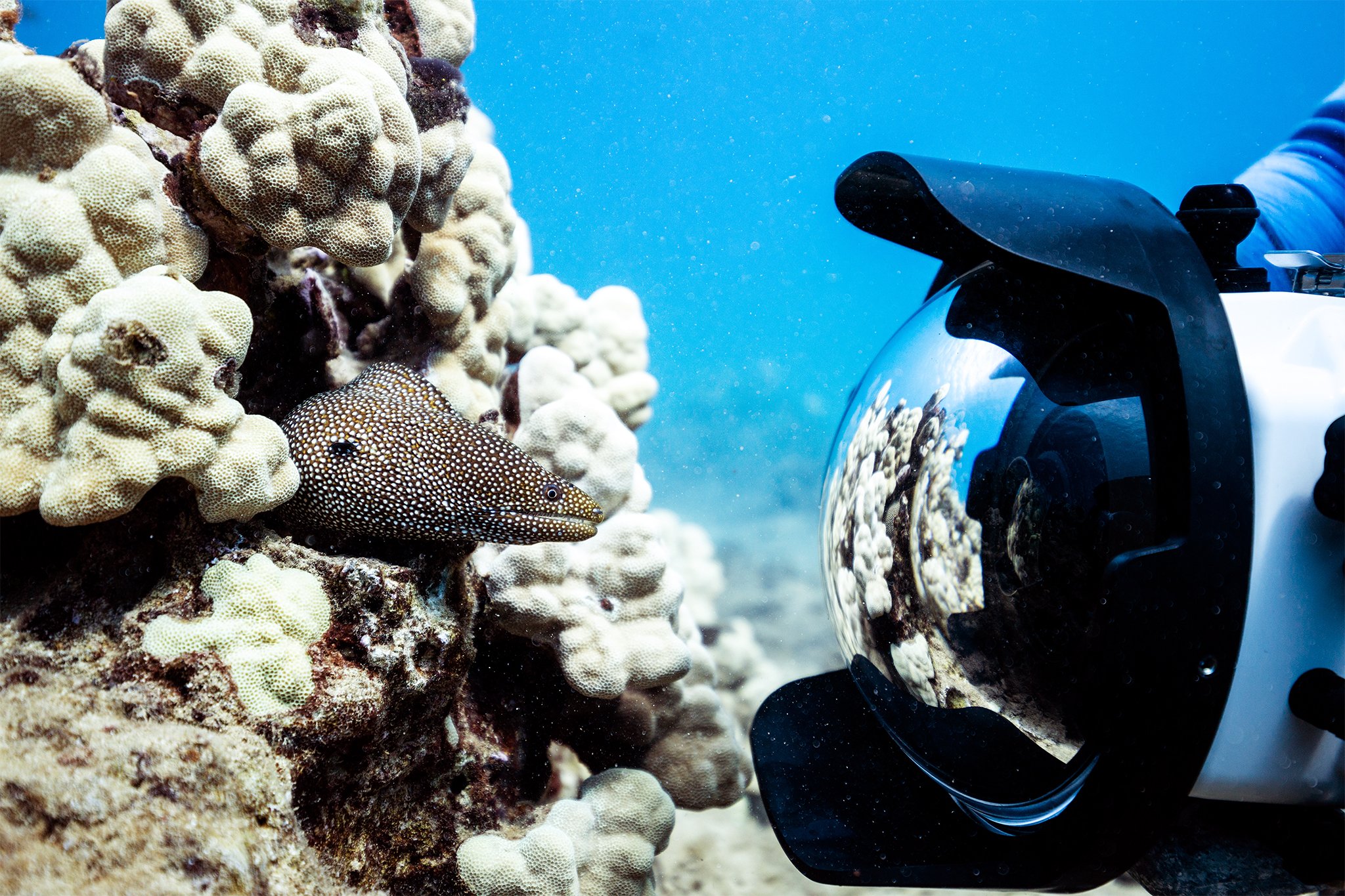
Scientific outcomes and outreach based on imagery
-

Designing low-cost, flexible methods
Science should be accessible. Expensive instruments and methods limit data collection in remote and underserved areas. I design low-cost autonomous camera systems and molecular sampling protocols to improve not only how science is done, but also who can do it. My KiloCam and open-access CoralCam habitat monitoring cameras are deployed worldwide by a growing community of researchers and citizen scientists.
-

Communicating science and mentoring
I was a photographer long before I was a scientist and I use that expertise to communicate science to new audiences, whether on YouTube or at professional conferences. Through video and still imagery I provide visual guides on constructing low-cost instruments, explanations of scientific principles, and the importance of marine conservation. I mentor undergraduates in their experimental design and science communication.
-

Scaling small details into big insights
I believe that big insights can come out of small details. My current research relates the health of coral reefs at a molecular level to satellite environmental metrics. Beginning with data on individual coral colonies, I am establishing links between the age, microbiota, and metabolome of corals to the future of Hawaiian coral reefs. Ecological forecasting and geospatial analysis transform these data into management impacts.
One year time lapse of settlement on ceramic tiles across three treatments.
Making habitat monitoring accessible
Imagery can inform conservation research as well as motivate local communities to action. I design low-cost, scaleable camera systems that connect people to the ecological processes happening all around them. For the cost of one GoPro, we can put ten cameras on the seafloor for a year of ocean monitoring. CoralCam and KiloCam are currently in use by NGO’s, researchers, and private citizens worldwide.
KiloCams used by citizen scientists to monitor waste in United Kingdom streams.
Iterating and innovating to support local science
I was raised with the opportunity to learn electronics, but many do not have this opportunity. I reach out directly to researchers working in remote or underserved areas and collaborate to develop instruments that fit their needs, followed by capacity-building workshops in the local community.
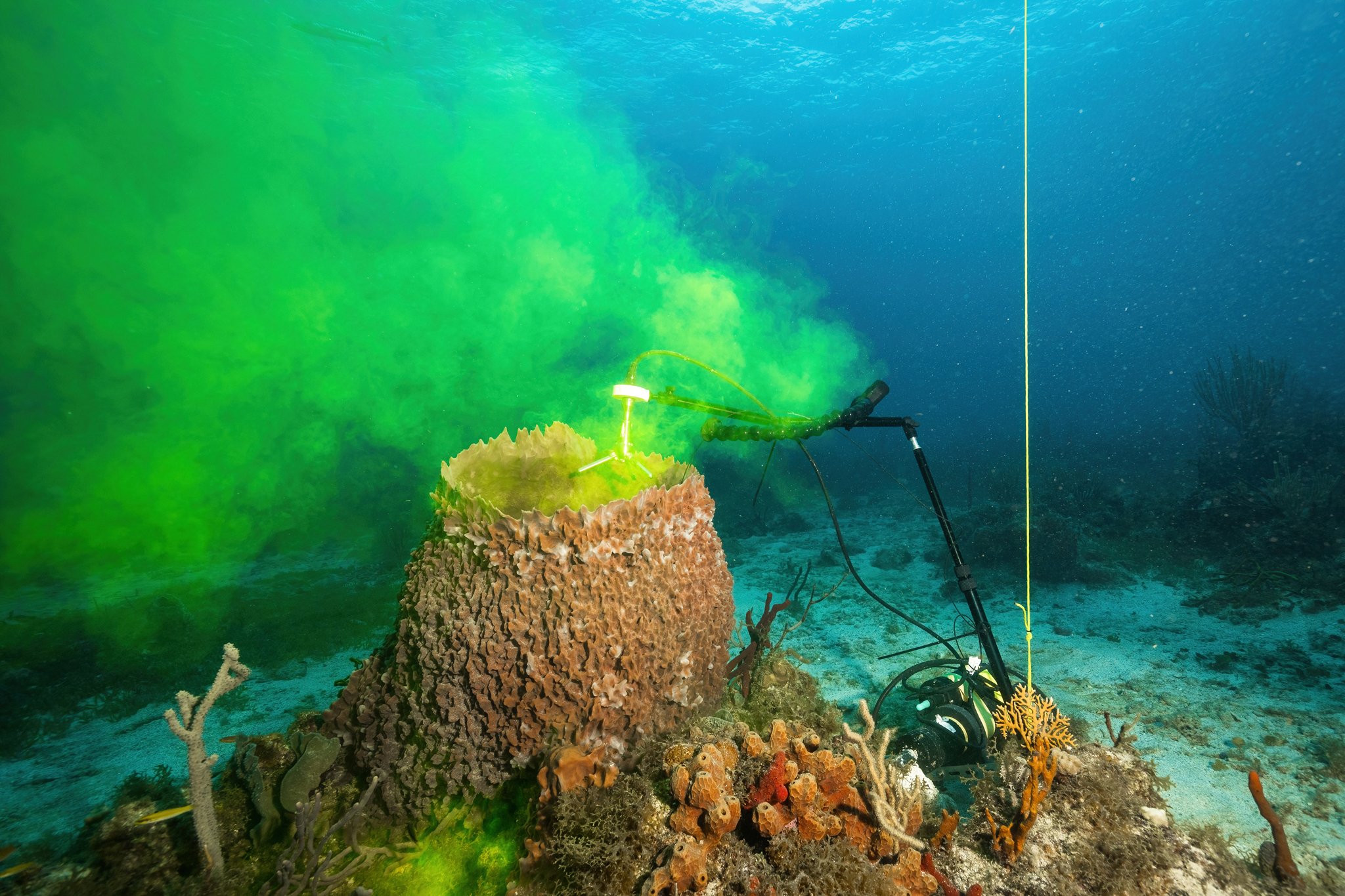
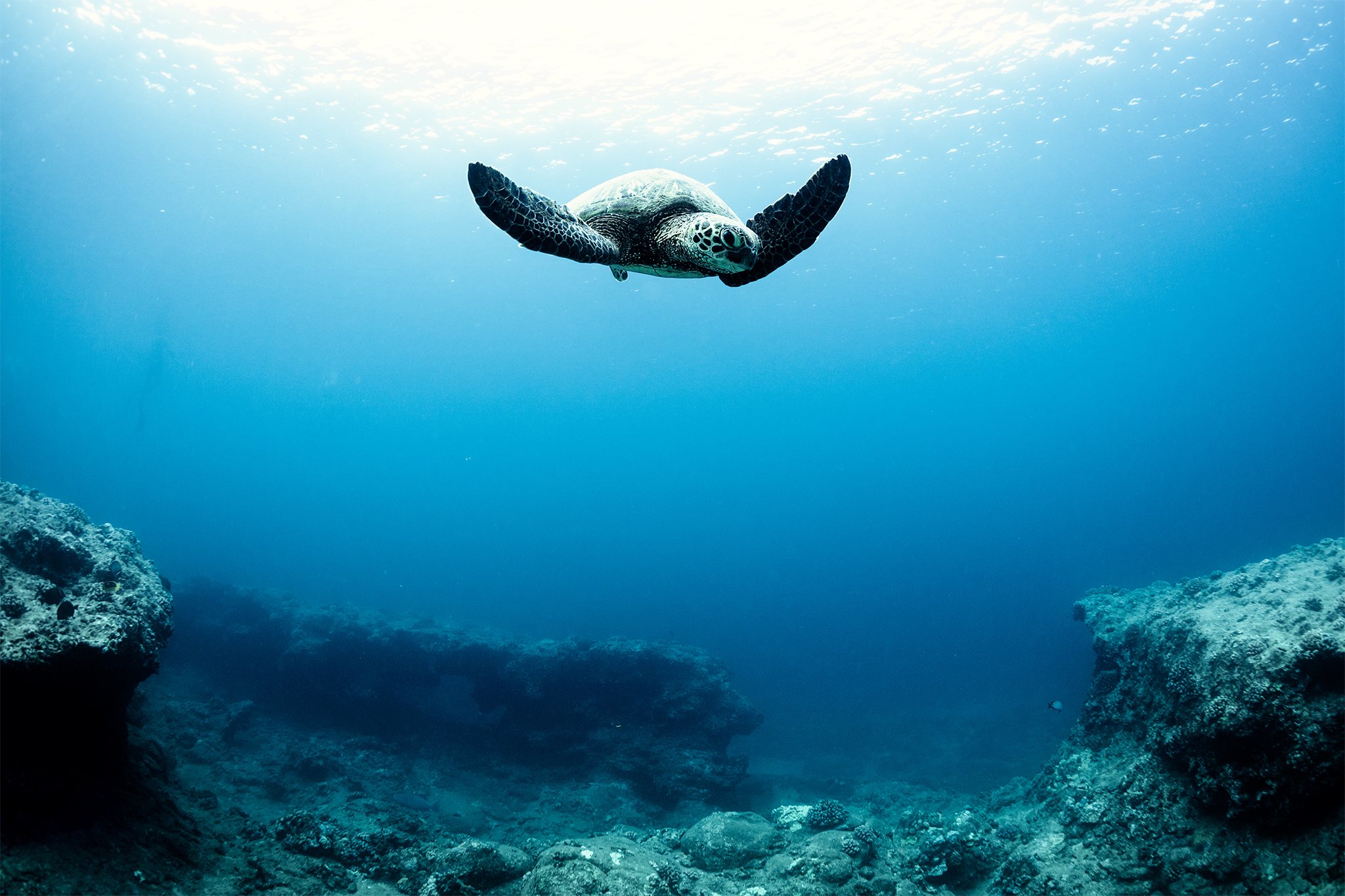
Looking for citations? Check out my most recent research publications.
